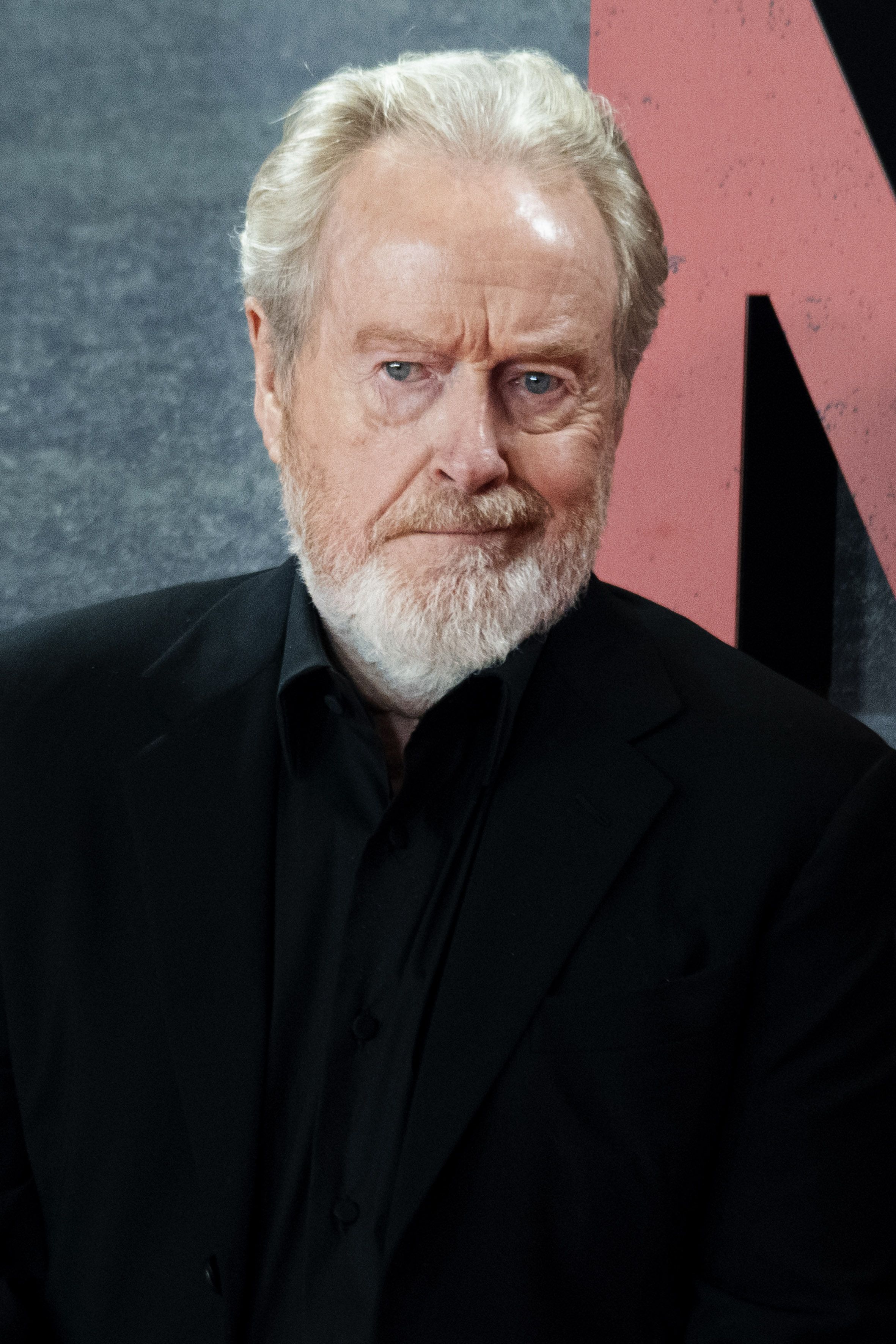Ridley Scott
explains during a recent directors’ roundtable why it’s better to start a project with a script that isn’t quite perfect. Now 87 years old, Scott is one of the most prolific and respected filmmakers in Hollywood, rising to fame with movies like Alien (1978) and Blade Runner (1980). In the years since, Scott has directed a number of notable titles, including Thelma & Louis (1991), Gladiator (2000), and Black Hawk Down (2001).
The more recent decades of Scott’s career have been filled with ups and downs, and quite a lot that lives in the middle. In the mid-2000s, Scott released movies like Kingdom of Heaven (2005), American Gangster (2007), Body of Lies (2008), and Robin Hood (2010), none of which now stand among his best. Though movies like Prometheus (2012) and The Martian (2015) were successful, Alien: Covenant (2017) was widely perceived as a let-down, and this was followed by The Last Duel (2021) and House of Gucci (2021), and Napoleon (2023), all of which had mixed receptions.
Ridley Scott Prefers Taking On Flawed Scripts
The Filmmaker Outlines One Key Benefit Of Not Working With Perfect Screenplays
Scott has a few minor screenwriting credits, but he is mostly a director, taking on projects from other writers and bringing them to life on the big screen. Gladiator 2, for example, his most recent movie, hails from screenwriters David Franzoni, Peter Craig, and David Scarpa. Scott also worked with Scarpa on Napoleon, his flawed Apple Studios epic starring Joaquin Phoenix. The Last Duel, on the other hand, which was a hit with critics, was born from a script by Nicole Holofcener, Matt Damon, and Ben Affleck.

Related
15 Best Ridley Scott Movies, Ranked
With Gladiator II lighting up the box office, it’s worth revisiting the best movies of legendary director Ridley Scott to see where it stacks up.
During THR‘s recent directors’ roundtable event with filmmakers Denis Villeneuve, Brady Corbet, Coralie Fargeat, Edward Berger, and RaMell Ross, Scott explains how a perfect script can sometimes be a bad thing. According to Scott, taking on a less-than-perfect script means collaborators on a project often stay more on their toes due to the work required instead of becoming complacent. Read Scott’s full comment below:
“It’s always good to be on thin ice because that means you’re paying attention. There’s nothing worse than getting a perfect script and everyone relaxes. And then you put it together and somehow it’s dull. But you get a script that needs a bit of work and everyone’s paying attention. I wouldn’t try this, by the way, but the weaker the script doesn’t mean it’s the better the film, but everyone is really paying attention.”
What Ridley Scott Taking On Flawed Scripts Means For His Movies
The Director’s Recent Track Record Has Been Spotty
Scott has a number of truly iconic films under his belt, but the last few years of his career, especially, have seen him release movies that don’t always fare well critically. Sometimes, critics highlight the script as a key issue. The Gladiator 2 cast and battle sequences may be impressive, for example, but it arguably falls short when it comes to the storytelling in the script. The same could be said for Napoleon, which struggles to paint a full portrait of the French military leader.
Gladiator 2 has a 71% score on Rotten Tomatoes while Napoleon has only a 58%.
Though it’s not clear if Scott actually seeks out flawed scripts or if he’s mostly just making an interesting point about the importance of remaining creatively engaged during the filmmaking process, it’s notable that some of his recent movies are let down by script issues. It’s worth noting, too, however, that attributing a disappointing movie to only one factor is often reductive and unfair, as making any movie is a long process filled with creative decisions. In any case, it’s clear that, even at 87, Scott is trying to stay on his toes as a director.
Source: THR

Ridley Scott
Discover the latest news and filmography for Ridley Scott, known for Gladiator and Blade Runner.
- Birthdate
-
November 30, 1937
- Birthplace
-
South Shields, County Durham, England
- Professions
-
Film Director
, Producer

